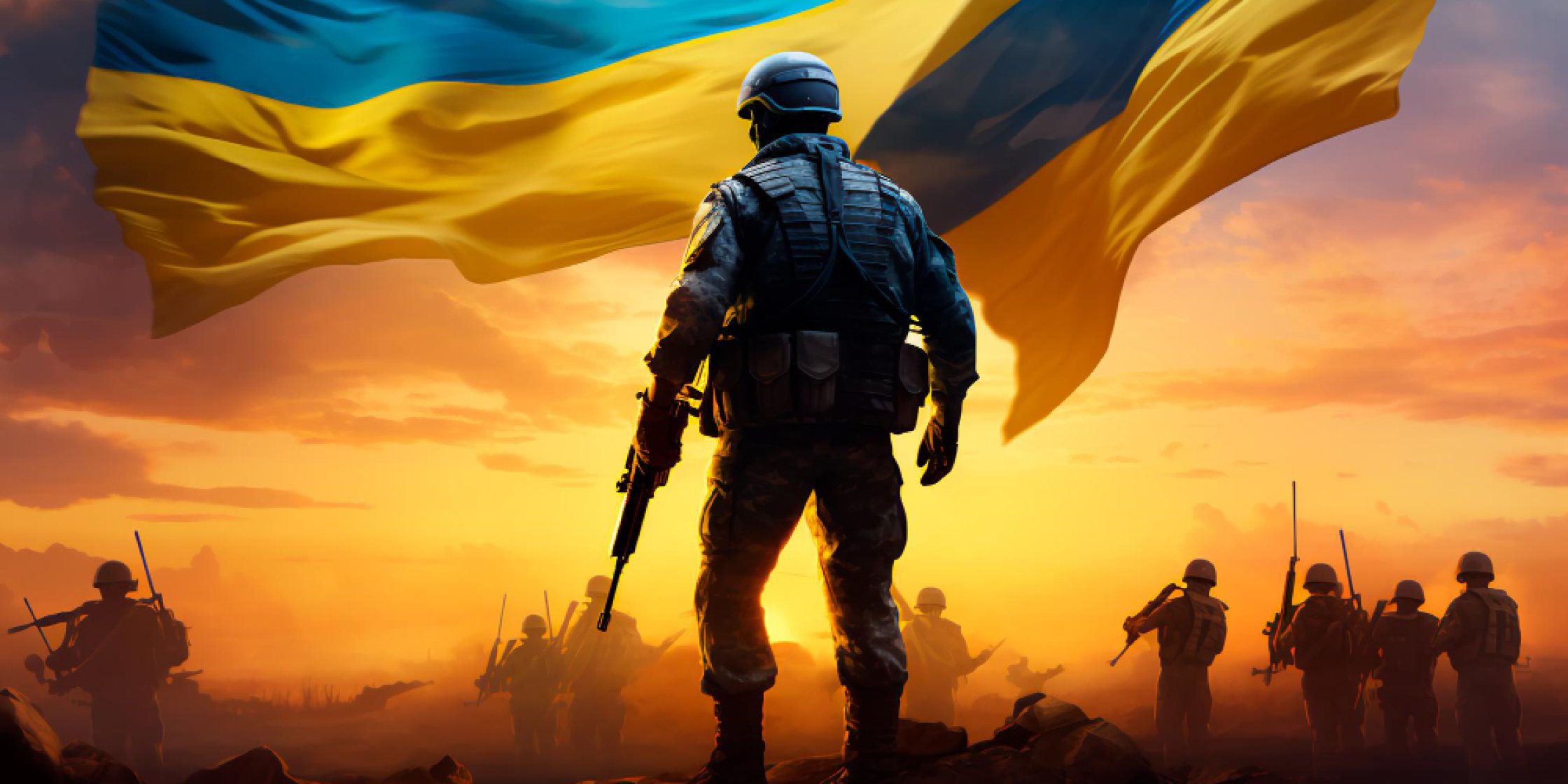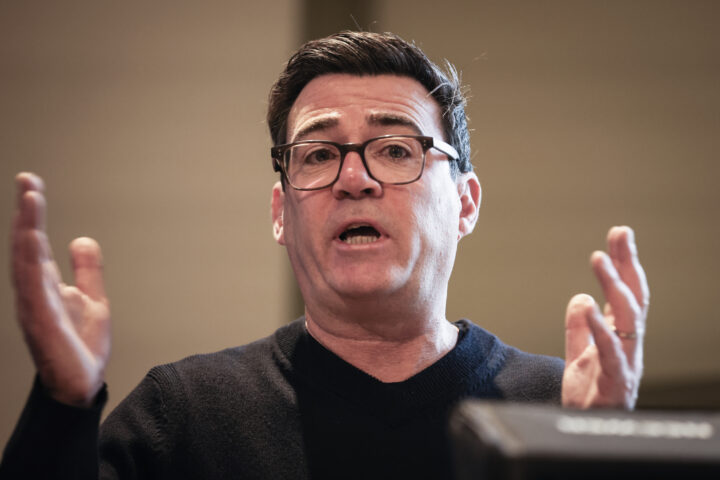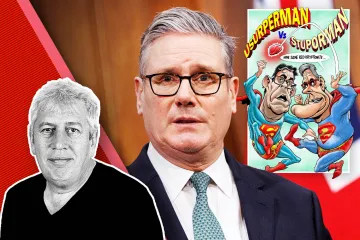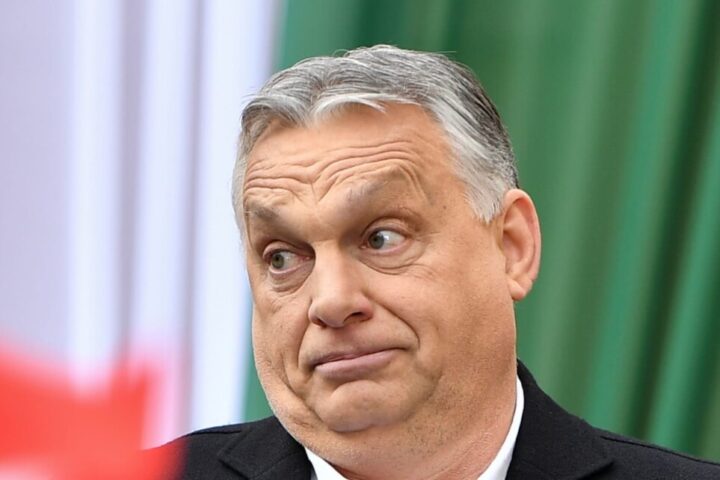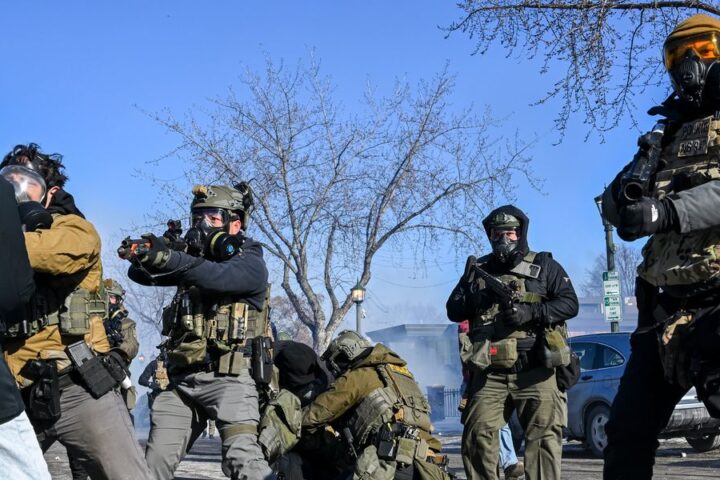In the context of Russia’s prolonged war against Ukraine, claims of Kyiv’s supposedly “inevitable” defeat are becoming increasingly frequent. However, leading American politicians — notably Republican Senator Lindsey Graham — categorically reject such narratives, describing them as a direct product of Kremlin disinformation.
In a recent statement, Graham made it clear that the rhetoric surrounding Ukraine’s defeat is not merely misleading but a deliberate element of information warfare aimed at undermining Western unity and weakening public support for military assistance to Kyiv. According to him, Moscow’s strategy is based on the expectation that partners will grow weary — but it is having the opposite effect: the West is becoming more united, not less determined.
Military Reality: Arguments Against Kremlin Narratives
Attention must be paid to the operational situation on the front lines. According to the senator, Ukrainian forces have maintained their positions over the past year despite intense pressure from Russian troops. This stands as a powerful counterargument to the myth of Ukraine’s strategic defeat. In reality, this is a protracted defensive campaign in which Kyiv is showing resilience and adaptability.
Western support plays a crucial role in this. U.S. senators — both Democrats and Republicans — are demonstrating unprecedented political unity in supporting Ukraine. The U.S. Senate is already preparing a series of new initiatives, including a briefing with Ukrainian representatives to discuss the next steps in military and economic aid.
The Economic Front: Targeting the Aggressor’s Resources
Graham also highlighted the need to revise the global sanctions strategy. One key measure is reducing the price cap on Russian oil — a move that could significantly restrict the Kremlin’s ability to finance continued aggression. In addition, the senator called for tougher sanctions on China should it persist in supporting Russia militarily or technologically.
His initiative underscores a new logic in U.S. sanctions policy: not only to restrain Russia but also to prevent the emergence of an “anti-Western bloc” on the global stage.
The Question of Peace: Diplomacy as a Battleground
Graham emphasised that Russia uses peace negotiations not as a tool for resolving conflict but as a means of buying time. This is a well-known tactical ploy Moscow has deployed repeatedly. In contrast, Ukraine has shown readiness for genuine peace — grounded in principles of sovereignty and territorial integrity.
Against this backdrop, the U.S. position appears strategically consistent: Washington not only supports Kyiv militarily but also views economic and diplomatic levers as integral parts of a comprehensive strategy to contain the aggressor.
Geopolitical Responsibility and Information Hygiene
Senator Graham’s remarks have broader implications than mere domestic messaging. They signal that U.S. policy on Ukraine is rooted in an understanding of a global challenge — one not limited to Europe, but relevant to the international order at large. Russian aggression is not a regional issue; it is a test of the strength of Western alliances and values.
Thus, the rhetoric of Ukraine’s defeat is not only false but dangerous. It plays into the Kremlin’s hands and erodes trust in democratic unity. In contrast, the facts, leaders’ positions, and partners’ actions speak otherwise: Ukraine is holding the line, and the world remains committed to supporting it in its fight for freedom and security.
